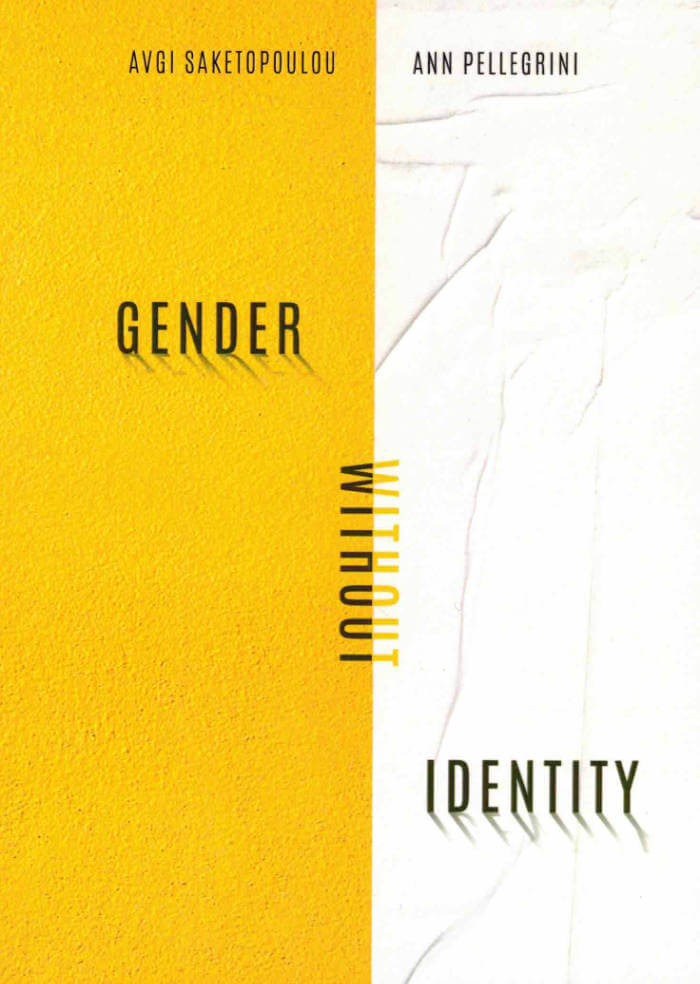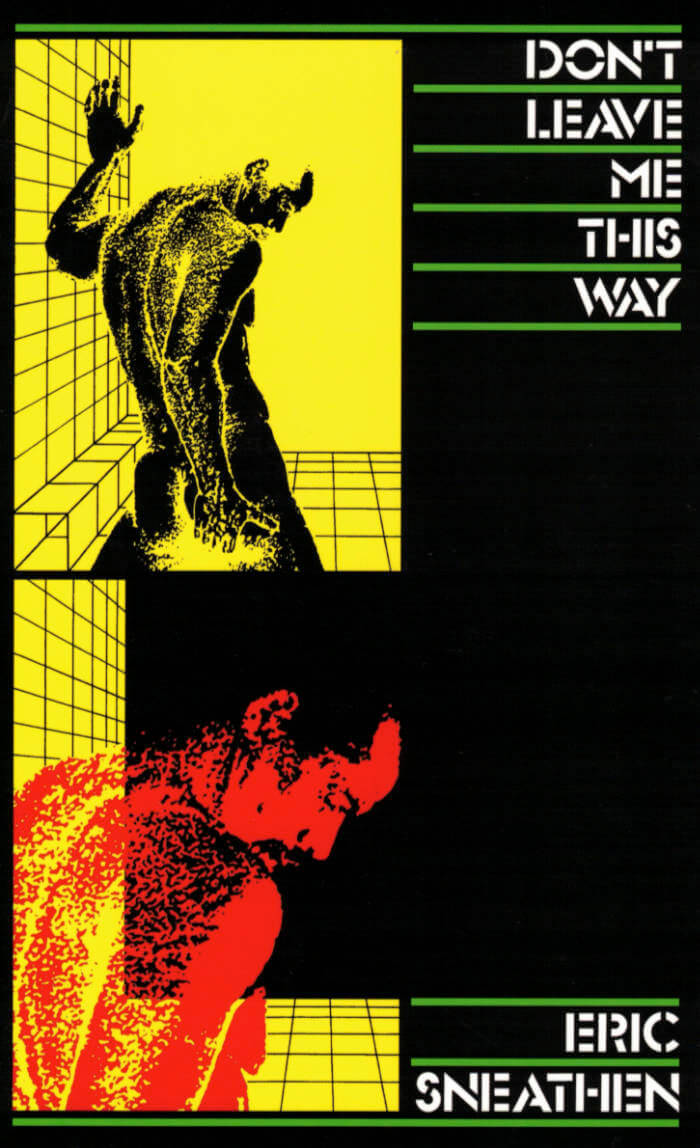
Gender Without Identity
Avgi Saketopoulou, Ann Pellegrini
Gender Without Identity offers an innovative and at times unsettling theory of gender formation. Rooted in the metapsychology of Jean Laplanche and in conversation with bold work in queer and trans studies, Avgi Saketopoulou and Ann Pellegrini jettison "core gender identity" to propose, instead, that gender is something all subjects acquire — and that trauma sometimes has a share in that acquisition. Conceptualizing trauma alongside diverse genders and sexualities is thus not about invalidating transness and queerness, but about illuminating their textures to enable their flourishing.
Written for readers both in and outside psychoanalysis, Gender Without Identity argues for the ethical urgency of recognizing that wounding experiences and traumatic legacies may be spun into gender. Such "spinning" involves self-theorizations that do not proceed from a centered self, but are nevertheless critical to psychic autonomy. Saketopoulou and Pellegrini draw on these ideas to offer clinical resources for working with gender complexity and for complexifying (what is seen as) gender normativity.
Avgi Saketopoulou is a psychoanalyst in private practice in NYC, and a member of the faculty at New York University's Postdoctoral Program in Psychotherapy and Psychoanalysis. She is the author of Sexuality Beyond Consent: Risk, Race, Traumatophilia from the Sexual Cultures Series, NYU Press.
Ann Pellegrini is Professor of Performance Studies & Social and Cultural Analysis at New York University, and a practicing psychoanalyst. Their books include Performance Anxieties: Staging Psychoanalysis, Staging Race and Love the Sin: Sexual Regulation and the Limits of Religious Tolerance (coauthored with Janet R. Jakobsen).




